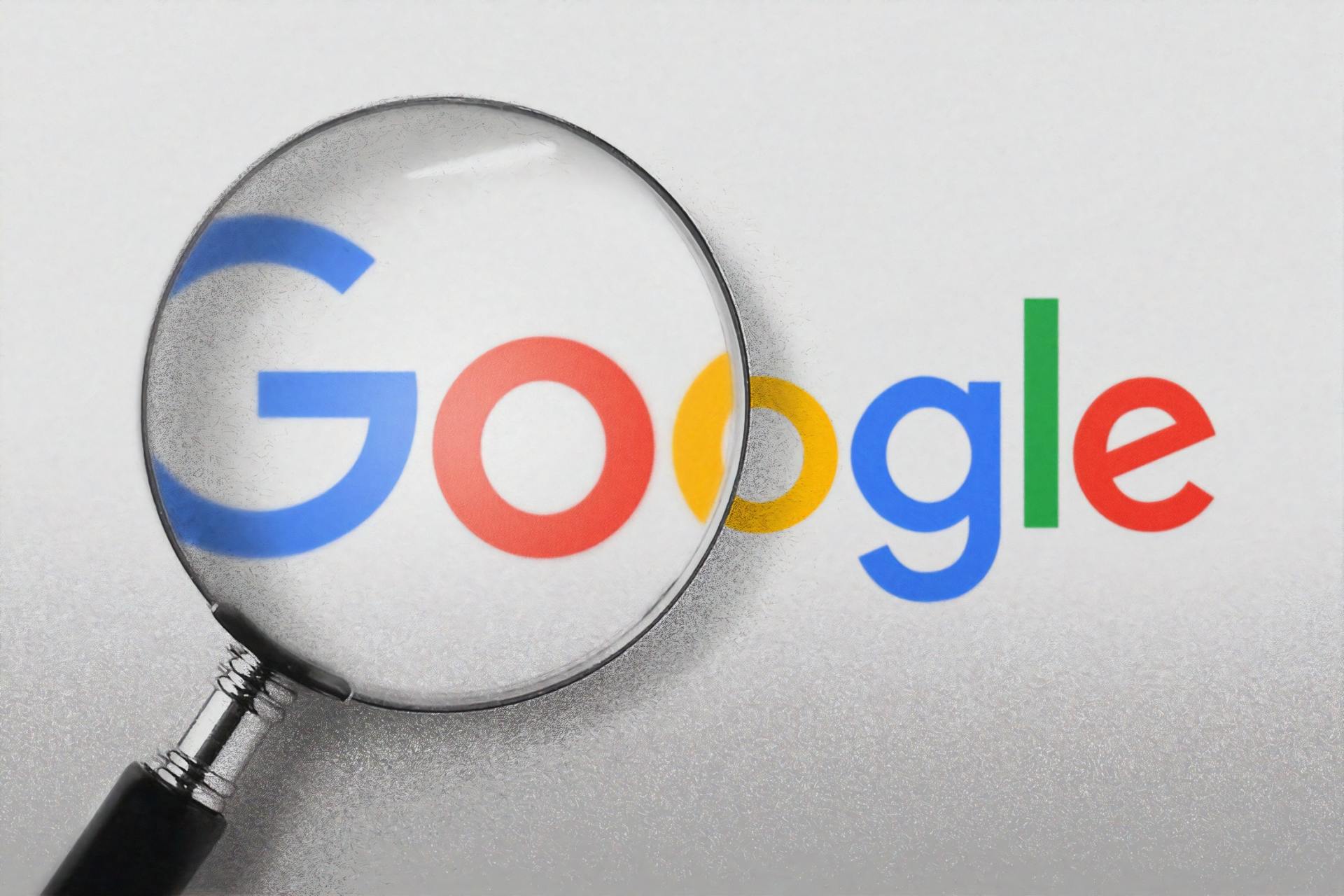Why Isn’t My Website Ranking?
12 Reasons Search Engines Are Passing You By
Your website is your most important asset. It’s far and away the most common way that potential clients and customers will find you. It makes sense, then, that if your site isn’t showing up well in Google search results (as well as the results of Bing, DuckGoGo and other search engines), there’s a good chance you won’t be getting much new business any time soon.
Search for any industry or service, and you’ll find millions of search results. If you want your business to succeed, you have to rank well for your ideal keywords — really, you need to rank on the first page. Why? Because nearly 80% of people never move past the first page of search results.
If your website isn’t ranking well, and you aren’t seeing any positive movement in your rankings when you check your analytics, here are just 12 possible reasons search engines are passing you by:
The Technical Aspects
1. The Site Isn’t Indexed Properly
Depending on what kind of website builder you used, it may or may not have been automatically sent for indexing when it was launched. If your site isn’t indexed, it essentially doesn’t exist in Google’s eyes. And if it doesn’t exist, well, it can’t be ranked, can it?
To check whether your site is indexed, simply go to Google and type in “site:yoursitename.com” (obviously replacing “yoursitename.com” with your site’s URL). All the pages that are indexed will appear in the search results. If your site isn’t indexed, don’t fret; there’s an easy fix.
Go to Google Search Console and submit a sitemap (yeah, a sitemap is vital to your site — build one ASAP if you don’t have one!) or use the fetch tool to have Google recrawl your site. Both methods take a bit of time to complete on Google’s end, so be patient.
2. You Don’t Have an SSL Certificate
An SSL certificate tells Google and other search engines, as well as potential clients and customers, that your site is safe to use. It appears in the search bar as “https” instead of “http,” as secure sites will have a “lock” icon before the URL. Google gives a slight boost to sites with an SSL certificate, but that’s not the only advantage.
In 2018, Chrome 68 was released, which marked any sites without an SSL certificate as “unsafe.” Other browsers quickly followed suit, and now, if your site doesn’t have an SSL certificate, users have to go through a few steps to access your “unsafe” site. Obviously, this is not an ideal situation of your security is lacking.
Depending on what service you used to make your site, you may automatically have an SSL certificate. If not, they’re easy to buy and install. Though they are expensive, an SSL certificate is one of the most important assets you can have.
3. Your Site Isn’t Mobile-friendly
In 2015, Google sent the SEO community into a frenzy by announcing “Mobilegeddon.” Essentially, they announced that sites without mobile-friendly designs would be heavily penalized. Though it wasn’t the catastrophe that was predicted, having a mobile-friendly site is crucial to your success.
Mobilegeddon was brought on by the fact that, in the same year, Google announced that mobile devices took over as the top devices on which people conducted searches. It still holds true. Whipping out your phone or tablet to get a bit of information is usually a whole lot easier than pulling out your laptop or finding a desktop computer.
Most website builders will either create a mobile version of your site for you, or will give you the option to create one. If not, be sure to work with an experienced web designer to create a beautiful, easy-to-use mobile site.
4. Your Site Is Just… Bad
You’ve seen them: Sites that make you feel like you just stepped back into the 1990s the moment they load. You may have come across sites that seem to take five years to load. Or, they are so poorly designed, trying to navigate anywhere is a nightmare. If your site fits any of these descriptions, it’s time to rethink your strategy.
Your site should be fast, easy to use and aesthetically pleasing. Anything less, and you run the real risk of your potential customers finding a different company to do business with. The good news is, reworking your site (or building a new one from the ground up) is easier than ever.
The most common website building and hosting option is WordPress, but WordPress can be complex for those who aren’t technologically-savvy. Other providers like SquareSpace, WoCode and Wix are much simpler, but have fewer technical options for fine-tuning your site. Explore all of your options, including hiring a website developer, to create a site that’s a joy to use, rather than a chore.
The Content Aspects
1. Your Website Has Hardly Any Content
Let’s get this out of the way: Content is one of the most important aspects of your site. More and more, Google is looking for sites that don’t just sell to customers but provide them with helpful information as well. If your site is lacking content, there’s a good chance Google will just skip over your site without a second thought.
First and foremost, you need content on your main pages (home page, service pages, etc.). Tell visitors what you do, and why you’re the best option among all your competitors to do it. If website visitors don’t understand who you are and what you do, then they have no reason to give you their business.
Once your main site has been beefed up with good content, you need to support those pages with blogs, FAQs, a glossary and other types of content. By creating blogs and other assets, you tell Google that you know what you’re talking about, and you attract more people to your site who are looking for information — both good ways to improve your rankings.
2. Your Website’s Content Is Never Updated
One factor search engines really love is new or updated content. Having fresh content shows that you care about your website — and that you care about your users’ experience. One of the easiest ways to keep things fresh is by consistently writing new blogs about your company, your industry, tips for your audience, new techniques they should consider, and even recent relevant news in some cases (more on that in the next section).
However, you don’t have to write completely new content to keep your site fresh. SEO industry expert Brian Dean explains on his site that updating older content can have terrific effects on your site. Something as simple as updating your page headers and graphics can act as fresh content, at least in Google’s eyes.
It’s important to note that there’s no definitive answer for how often you should be publishing fresh content on your site. Some sites see benefits of posting multiple times a day, while others find value in posting a couple times a month. No matter the frequency, make it a habit to publish on a relatively normal schedule — if for no other reason than so your visitors know when to expect new information.
3. Your Site’s Content Is Poor Quality
A few years back, a great content strategy was to find a news story relevant to your industry, rewrite the article so it was “unique” content, then throw in a call-to-action at the end of the blog and call it a day. This was an easy way to keep fresh content on your site without much work or time investment. However, Google quickly caught on to this strategy, and it’s virtually useless now.
What’s always important to keep in mind is that there are no long-term shortcuts for website content. If you manage to find or create a shortcut, know that Google will quickly shut it down, and the content you created will likely be deemed poor quality — and won’t count for much of anything. Google wants content that provides new ideas, or at least a fresh take on older ideas.
Of course, writing original news stories yourself about happenings in your industry or company is always a good idea. But consider what your readers want. If you’re considered a thought leader, then write deep, meaningful blogs and pages. On the other hand, quick how-to guides can often provide just as much value. It all comes down to delivering the information your site visitors want to read.
4. Your Content Is “Over-Optimized”
This is much less of an issue than it was five to seven years ago, but the problem still exists, so it’s still worth mentioning. Your content should never be so filled with keywords and phrases that it’s a struggle to read. “Over-optimizing” your content seems like a good idea on the surface, but keyword stuffing has been penalized by Google for at least a decade.
That doesn’t mean you shouldn’t use keywords whenever they fit organically. But just sticking them in your content (or, even worse, placing them on a page with “invisible text”) is a big no-no. Google sees straight through that, and will almost always penalize you for it. It may take a while, but rest assured: Google will catch up with your tactics.
Other Aspects to Consider
- Your Metadata Isn’t Optimized Properly: Your meta descriptions, title tags and other metadata should all include keywords and variations of keywords you want to rank for. If it doesn’t, don’t be surprised if you don’t show up on search results.
- You Haven’t Addressed Penalties from Google: Google Search Console is your best friend when you’re building and maintaining a site. With this tool, you can keep tabs on everything going on with your site — including Google penalties. You need to address these penalties as soon as possible, or your rankings will suffer.
- You’re Focusing on the Wrong Competitors: If you run a small business, you may dream about taking down the top corporations in your industry. But these aren’t your true competitors — at least not yet. You need to focus on those who offer the same services as you in your target area, and are about the same size as you, before you set your sights on national competitors.
- You Have Few to No Quality Backlinks: Backlinks are links on other sites that point back to your own website and content. They show Google that others trust and advocate for what you’re saying. If you have no backlinks, you don’t have much authority in your industry (according to Google, at least). However, poor quality backlinks, such as backlinks on scam sites, can be quite damaging to your reputation, and should be disavowed immediately.
New Paragraph







